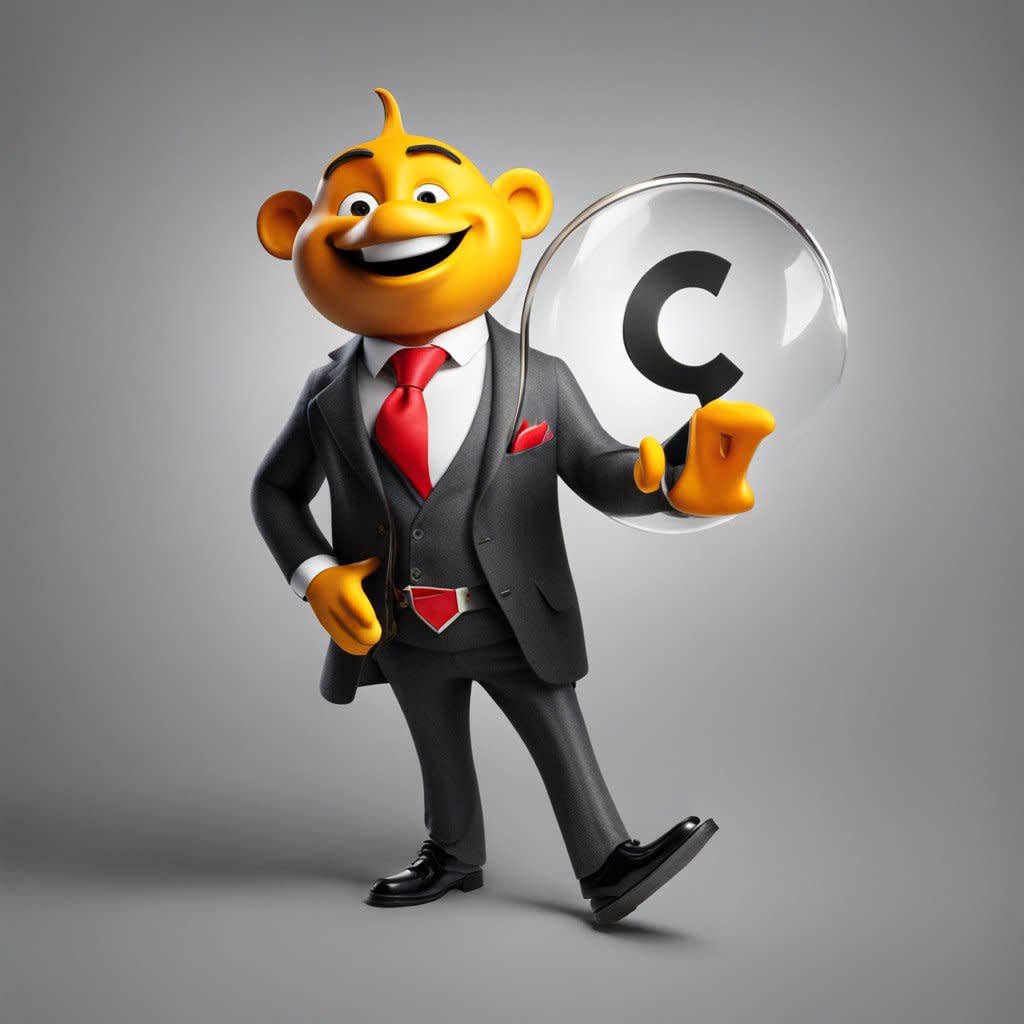Which Creative Commons licence are you?
Where do you stand on the openness continuum? Are you more 'free culture' than 'all rights reserved'? Non-commercial? Do you have a share-alike outlook on life?
Answer five questions below to discover your inner Creative Commons licence.
Disclaimer: this quiz is for entertainment and educational purposes only. It aims to increase understanding of Creative Commons (CC) licences but it is not endorsed by or associated with the CC organisation. Public domain CC logos are used for illustrative purposes only, in line with the CC trademark policies.
Your answers will not be used for any purpose and your personal data are not being collected.
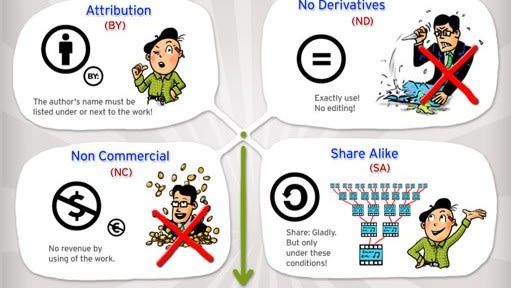
You have invited friends round for dinner. Everyone loves your vegan chocolate cake. A few friends ask for the recipe. One of them runs a cake shop and another is hosting a big birthday party next week. Do you share the recipe with them?

Now imagine you have created something much more critical to the future of humanity than a recipe. It's research data that would help other researchers develop a vaccine much more quickly. What do you do?

You have written this fantastic textbook, which could become a core resource in your field. Textbooks are notoriously expensive. Would you consider making the e-book freely available to students aroud the world?

What about a monograph? Scholarly books are expensive, too, and not readily available to everyone. Would you consider taking your book available to the public?

You are a musician, visual artist or film maker (pick whichever suits you). Would you consider making your music, art, designs or films freely available for others to enjoy? Would you consider making your work freely available to others?
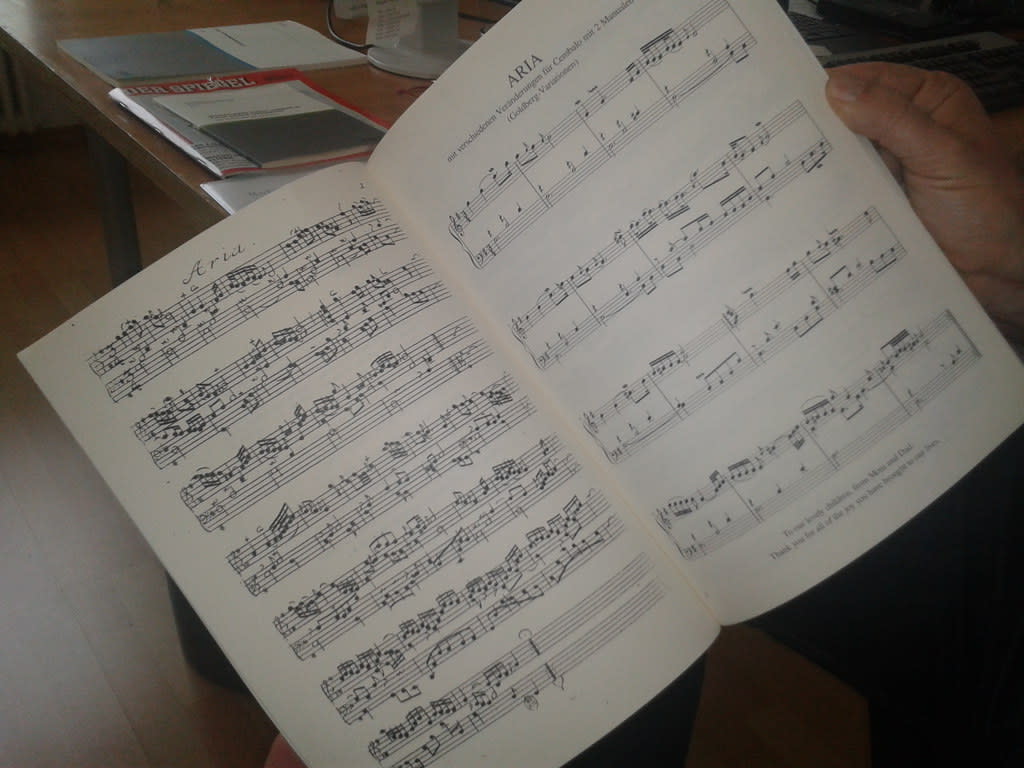
You are public domain: CC0.
You are not a licence, you are a waiver! You are community-spirited and have the public's interests at the heart of everything you do. You don't require money and, while you would still appreciate being recognised for your efforts, you don't require this from others. You are probably being used to license a piece of software code or dataset and do more than your share towards knowledge equity. You'd be at home in the open source community, in Figshare or the Metropolitan Museum of Art.
To learn more about open licences, join one of our upcoming sessions. Register at https://shorturl.at/gprxA or email copyright@ucl.ac.uk.
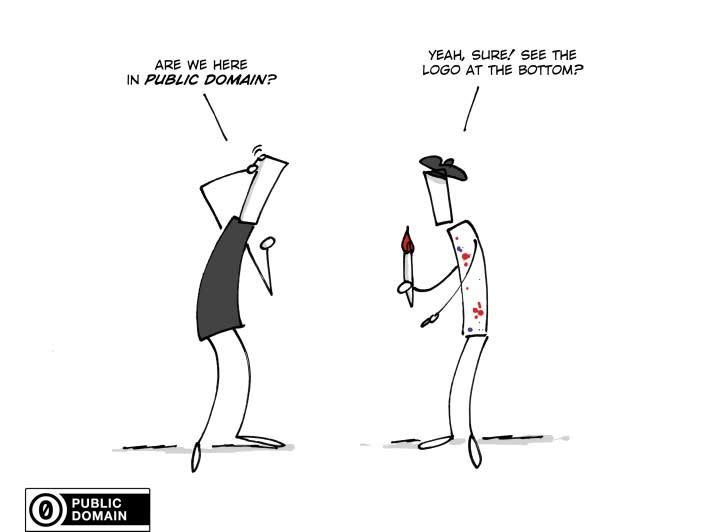
You are the quintessential CC BY licence.
You are a typical Creative Commons Attribution (CC BY) licence: generous, adaptable, progressive and caring, while expecting to be acknowledged for what you do. Research funders love you, and so do Universities and many other organisations. You are best friends with most open access articles and many open monographs, images, datasets and open educational resources (OERs). Keep it up with the free culture!
To learn more about open licences, join one of our upcoming sessions. Register at https://shorturl.at/gprxA or email copyright@ucl.ac.uk.
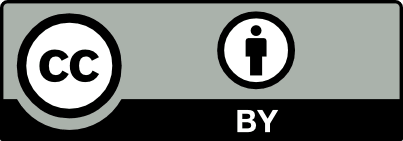
You are a Share-Alike licence.
You are probably a CC BY-SA licence. You don't just support Wikipedia: you are Wikipedia. You are generous but expect others to be the same. Open and idealistic, with strong ideas about how the world should work, you don't mind people making changes to your work to improve it, as long as the new works are as open to others as yours was. You are also likely to have copy-lefty friends in the software community.
You may also be a CC BY-SA-NC licence, which means you would prefer to have a say in who benefits financially from your efforts. In that case, you are probably a Nine Inch Nails fan.
To learn more about open licences, join one of our upcoming sessions. Register at https://shorturl.at/gprxA or email copyright@ucl.ac.uk.
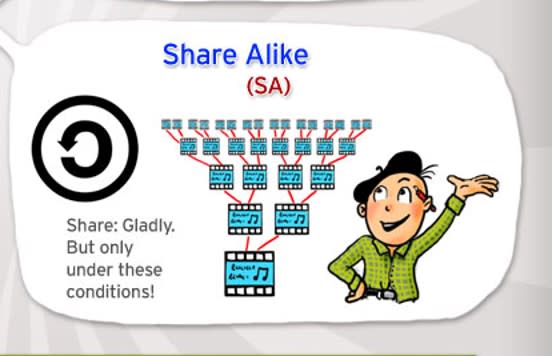
You are a non-commercial licence.
Money, money, money - is this all you think about? Just kidding. It's a bit more complicated than that.
In some contexts, an NC licence, preventing others from using your work commercially, may be the appropriate choice. For example, the future development of a product may depend on finding the right funder for it.
It may still be worth taking a moment to think whether you really need this NC term in some works. In what ways could the non-commercial term limit the impact of your work?
You may be a CC BY-NC licence, a CC BY-NC-SA licence or the most restrictive of all: CC BY-NC-ND licence, wanting some control over adaptations, too.
To learn more about open licences, join one of our upcoming sessions. Register at https://shorturl.at/gprxA or email copyright@ucl.ac.uk.

You are a CC BY-ND licence.
You are happy to share your work exactly as it is, but still want editorial control, so to speak: you are not comfortable with adaptations without your permission. This could be for many reasons, including concerns about your opinions being misrepresented or your product being adapted in ways you don't approve of.
It's worth keeping in mind that your sibling, CC BY, allows adaptations but still expects others to be clear that changes were made and only attribute the original work to you.
Allowing adaptations could mean that what you have created can be further improved and used in novel ways that would benefit the world - and you would still be acknowledged.
You may also be a CC BY-NC-ND, allowing sharing but not commercial reuse or adaptations.
To learn more about open licences, join one of our upcoming sessions. Register at https://shorturl.at/gprxA or email copyright@ucl.ac.uk.

You are copyright through and through.
Sorry, you are not a Creative Commons licence. You are a living, breathing copyright symbol.
You may think you are the unwelcome guest at Creative Commons parties - the kind of guest that reads a (copyright-protected, lawfully acquired) book in the corner while the cool open licences have fun. This isn't true! Remember that copyright and open licences go hand-in-hand. No one wants to abolish you: you are still present and respected - what the licences do is give some permissions to help knowledge be shared more openly.
To learn more about open licences, join one of our upcoming sessions. Register at https://shorturl.at/gprxA or email copyright@ucl.ac.uk.
